7-18 Nov, 2016 / Marrakech
CO2GEONET
contribution to COP22


According Patricia Espinosa, Executive Secretary UNFCCC:
" The UN Climate Change Conference in Marrakech is the crucial next step for governments looking to operationalize the Paris Climate Change Agreement adopted last year. While the Paris Agreement gave clear pathways and a final destination in respect to decisive action on climate change, many of the details regarding how to move forward as one global community in that common direction still need to be resolved. With the entry into force of the Agreement happening on 4 November – just days before COP 22 – the dialogue and decisions in Marrakech hold immense potential to accelerate and amplify the immediate response to the challenge recognized in the Paris Agreement. This meeting is therefore incredibly important. "
CO2GeoNet, the European Network of Excellence on the Geological Storage of CO2, is keen to contribute to tackle these challenges.
At COP22, CO2GeoNet is engaged with stakeholders to communicate the science that supports Carbon dioxide Capture and Storage (CCS) as an important technology for climate change mitigation.
CO2GeoNet is a pan-European scientific Association, legally registered in France, which joins together 26 partners from 19 European countries, ranging from national geological surveys, through to research institutes and universities, all with a high international profile and critical mass in CO2 geological storage research.
CO2GeoNet is acknowledged as the European scientific authority dealing with all aspects of geological storage of CO2. Through its activities of collaborative research, information and communication, training and scientific advice, CO2GeoNet is durably engaged in enabling the safe and efficient deployment of the CO2 Capture and Storage (CCS) technology in order to mitigate climate change and ocean acidification.
CO2GeoNet is contributing, in collaboration with other international organisations, to side-events and a booth at COP22, in the UNFCCC Negotiation Blue Zone, open only to accredited negotiators and observers, and in the Innovation Green Zone, open to the general public.
Our role in COP22 is to provide clear and impartial scientific knowledge and to engage in discussions with negotiators and the civil society. Our aim is to communicate on CCS as a proven and safe technology, which is vital for reducing CO2 emissions and completing the climate change mitigation portfolio.
Take a browse through this website, to have access to presentations and materials made available during the mentioned events.
Reduction of GHG emissions to keep the maximum temperature change well below 2 oC will require an acceleration of mitigation efforts in all carbon intensive sectors including power and industry, and must eventually lead to deep cuts in GHG emissions. At the same time we see a shortfall of intended national contributions (INDCs) to the emission reduction for keeping the temperature change well below 2 oC.
According to the recently published EU Reference scenario (EC, July 2016) the total emissions from the energy sector in 2050 will be 48% below 1990 levels. This is still way above the overall 80% reduction target in the EU 2050 Roadmap (EC, 2011).
Despite this huge emission reduction target, we observe that the development of CCS demos in Europe is moving at a very low pace, mainly for financial and political reasons (EC, July 2016).
During this event you will be informed about redefining the strategy for CCS with special reference to industry and creating negative emissions (bio-CCS) and get the opportunity to debate measures for fast-tracking CCS.
Organizer: CO2GeoNet
Co-organizers: EERA-CCS, EuroGeoSurveys, GCCSI, IEAGHG
CCS is a demonstrated technology to achieve deep GHG reductions.
We report on progress towards CCS deployment in Africa and global CCS developments relevant for Africa, onshore and offshore.
Steps for CCS pilot project development and new opportunities for technology transfer will be outlined.
Organizer: University of Texas at Austin
Analysts have proposed that CO2 enhanced oil recovery projects could be leveraged into the wider deployment of CO2 capture and geological storage (CCS). At the same time, the operations of CO2 enhanced oil recovery are focused on maximizing oil production with minimal CO2 injection, in which much of current CO2 is purchased from mostly naturally occurring sources. Regulations that are developed originally for such enhanced oil recovery production may have to be modified. The CO2 Capture Project asked ERM to conduct a study about the likely gaps between current EOR regulations around the world and potential regulatory frameworks that would enable such CO2 EOR projects to transition to CO2 storage projects. Further, panelists have been invited to discuss a range of deployment issues in CO2 EOR transitioning to CCS.
Organizer: CO2 Capture Project
Speakers from: ERM, Global CCS Institute, CO2GeoNet
The purpose of the event is to:
The audience will be led through the processes involved in the geological storage part of the CCS chain, based on unbiased scientific facts, and will find explanations as to:
An African experience will then lead into an interactive discussion session between the panel of experts and the audience.
Organizer: CO2GeoNet
Co-organizers: IEAGHG, French Club CO2
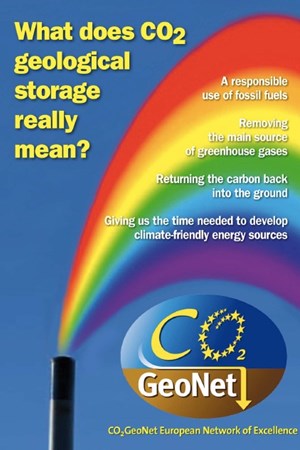
CO2GeoNet
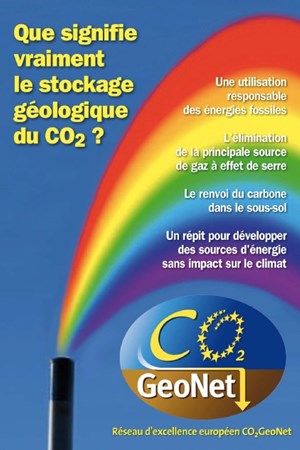
CO2GeoNet
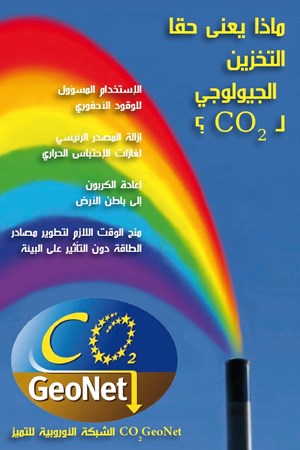
CO2GeoNet
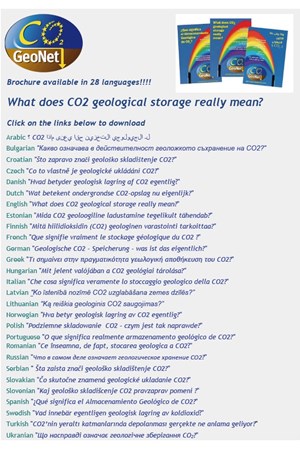
CO2GeoNet
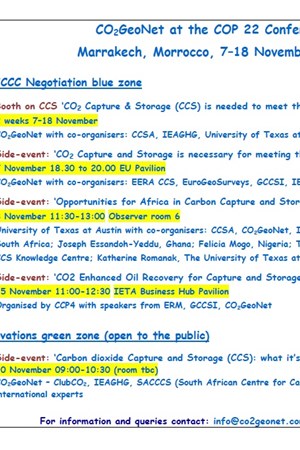
CO2GeoNet
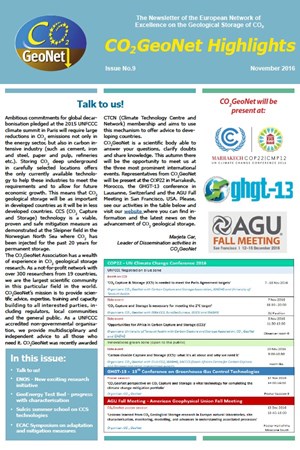
CO2GeoNet
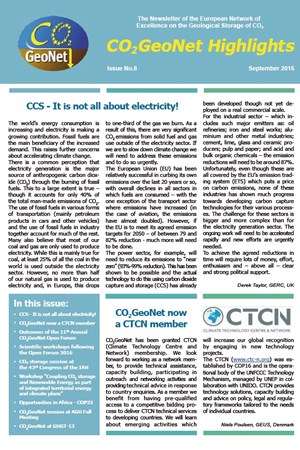
CO2GeoNet
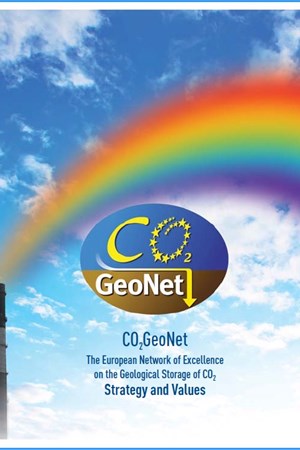
CO2GeoNet
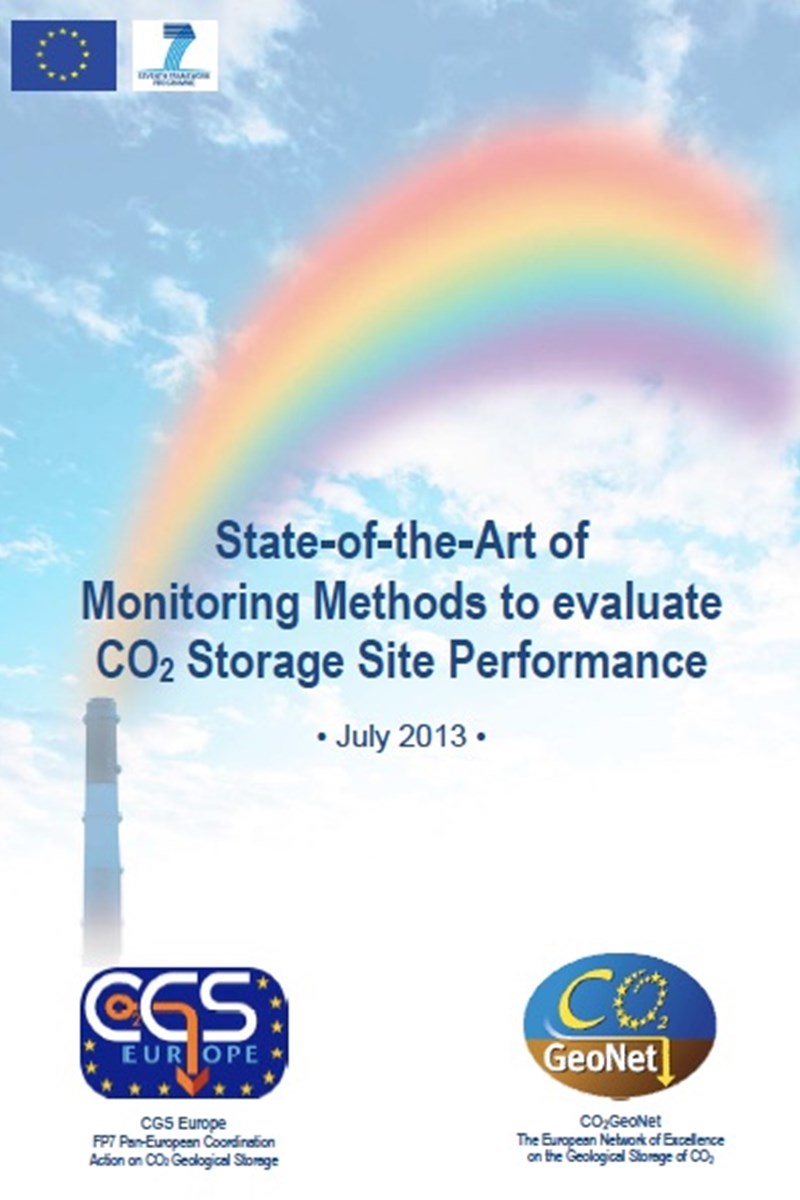
CO2GeoNet
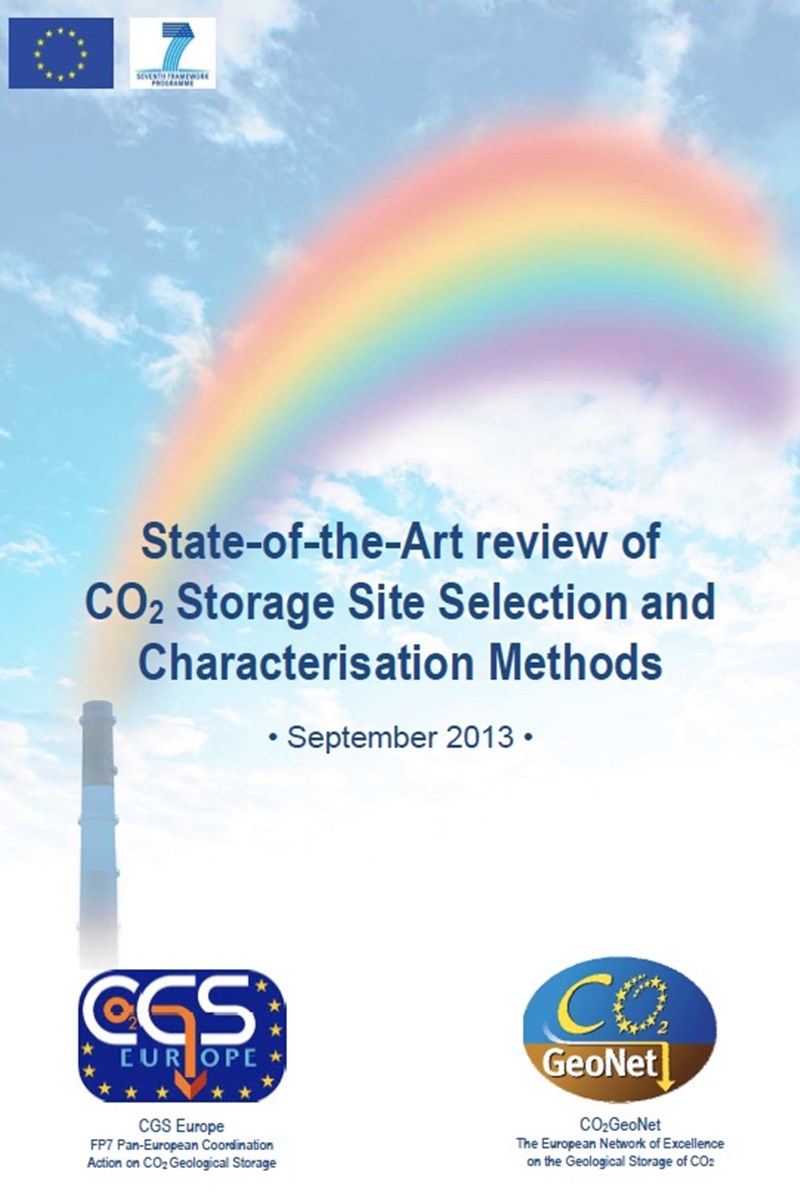
CO2GeoNet
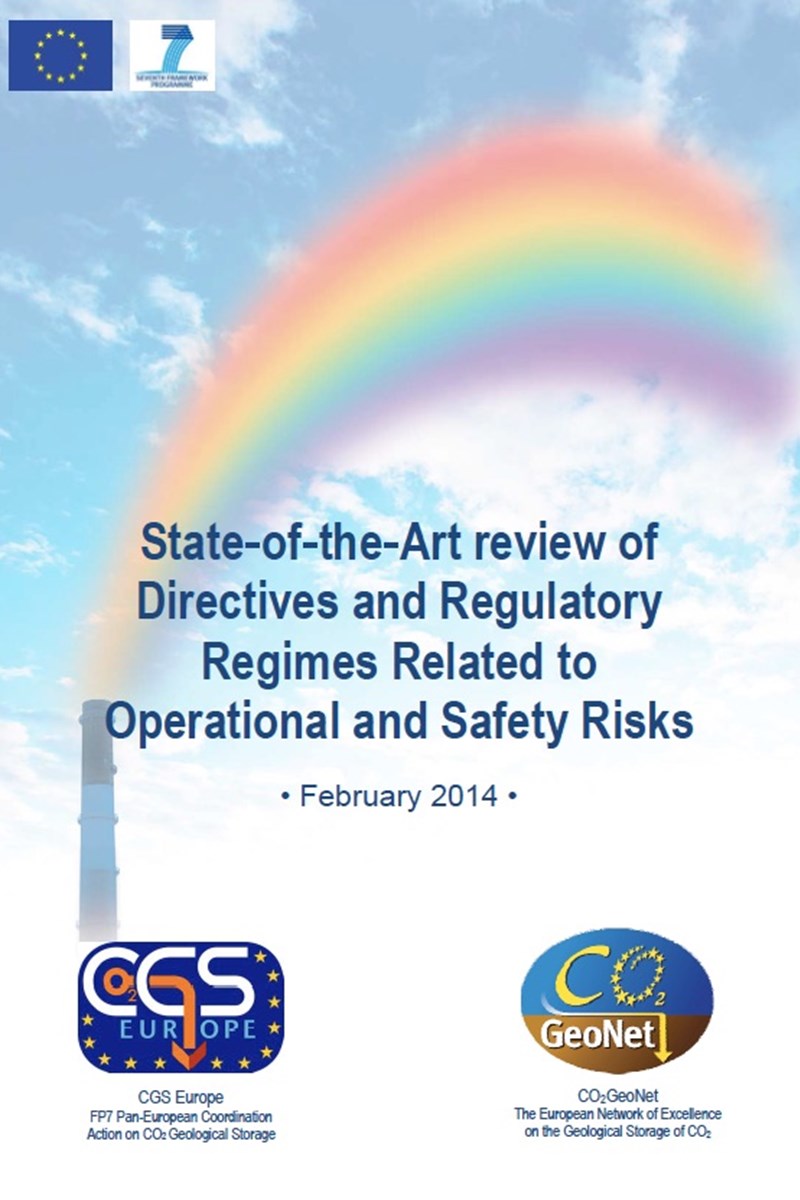
CO2GeoNet
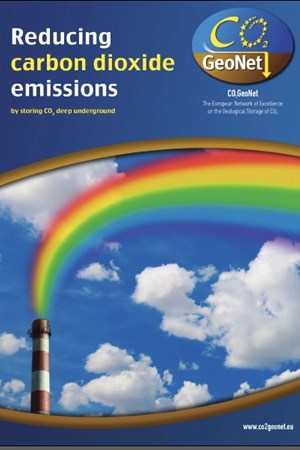
CO2GeoNet
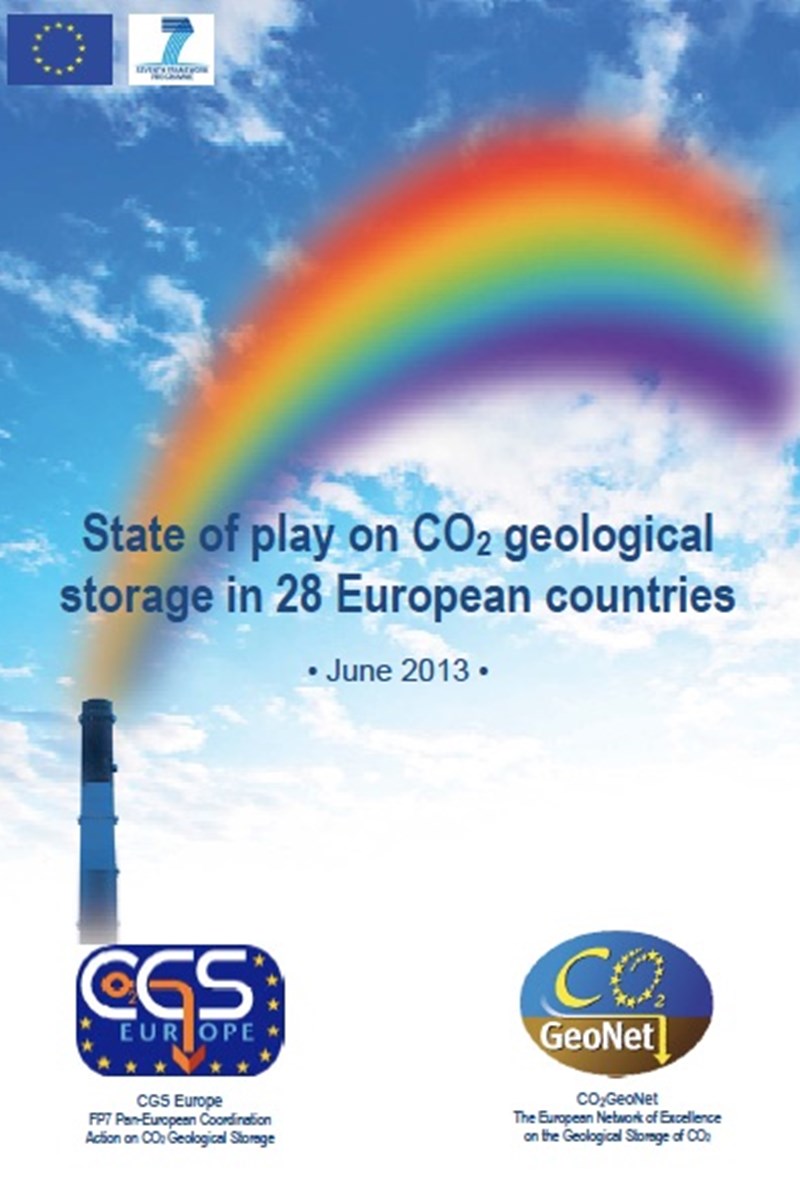
CO2GeoNet
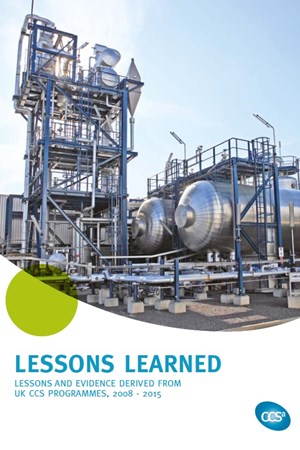
CCSA
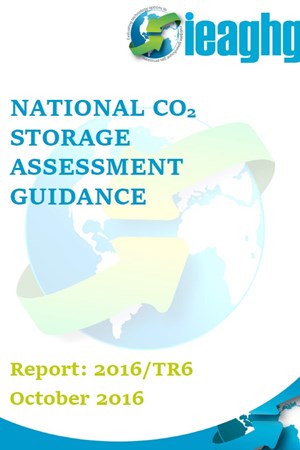
IEAGHG
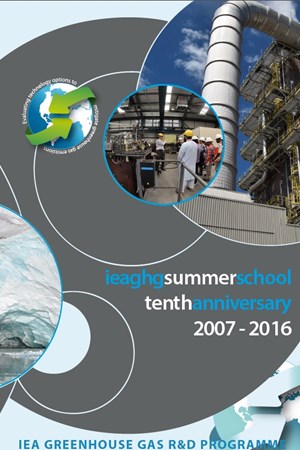
IEAGHG
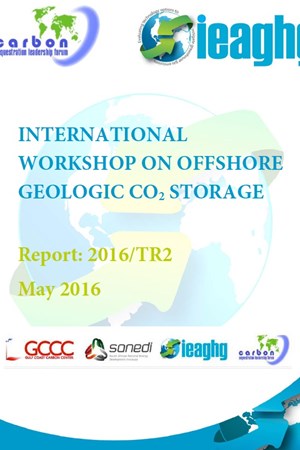
IEAGHG
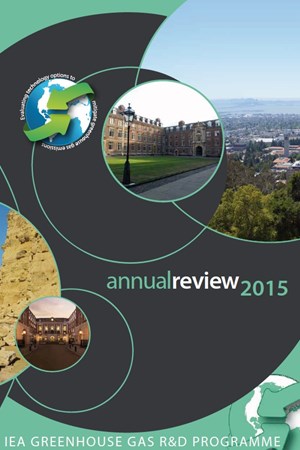
IEAGHG
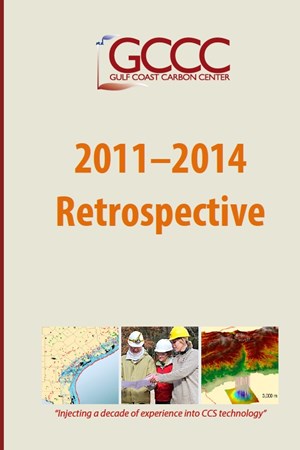
Gulf Coast Carbon Center
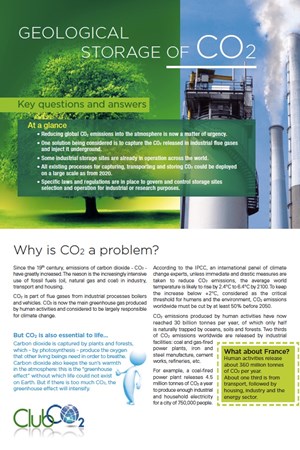
Club CO2
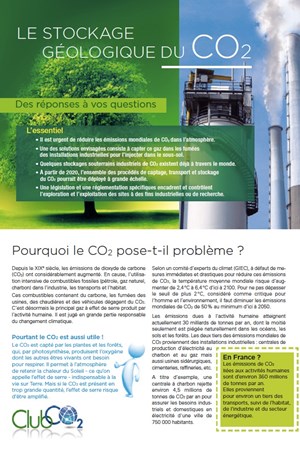
Club CO2
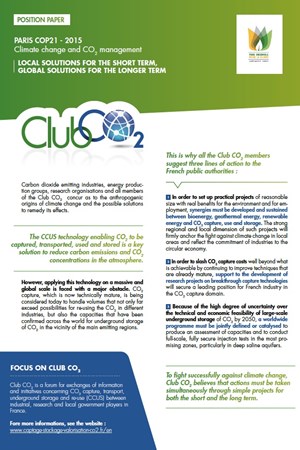
Club CO2
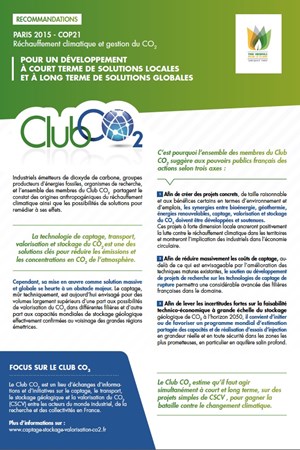
Club CO2